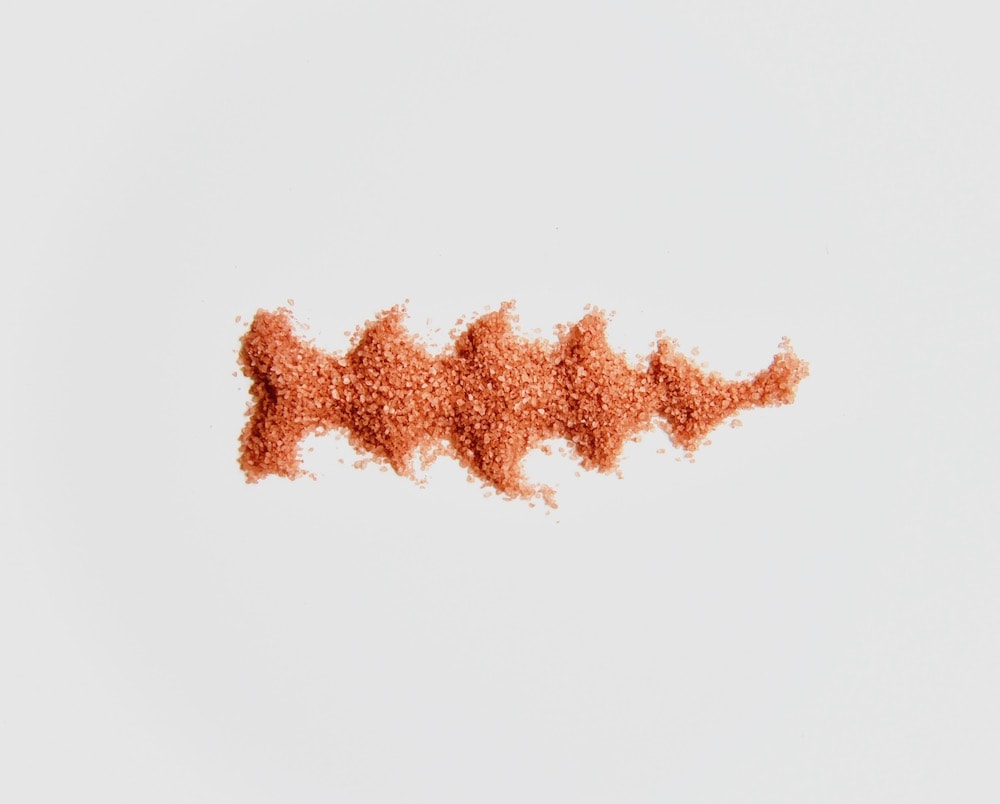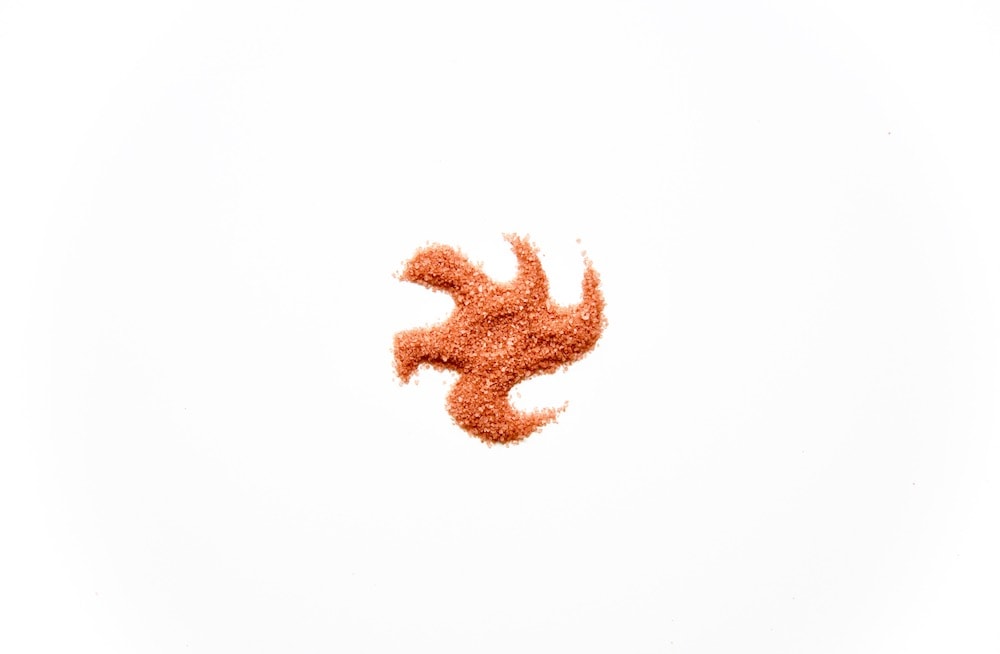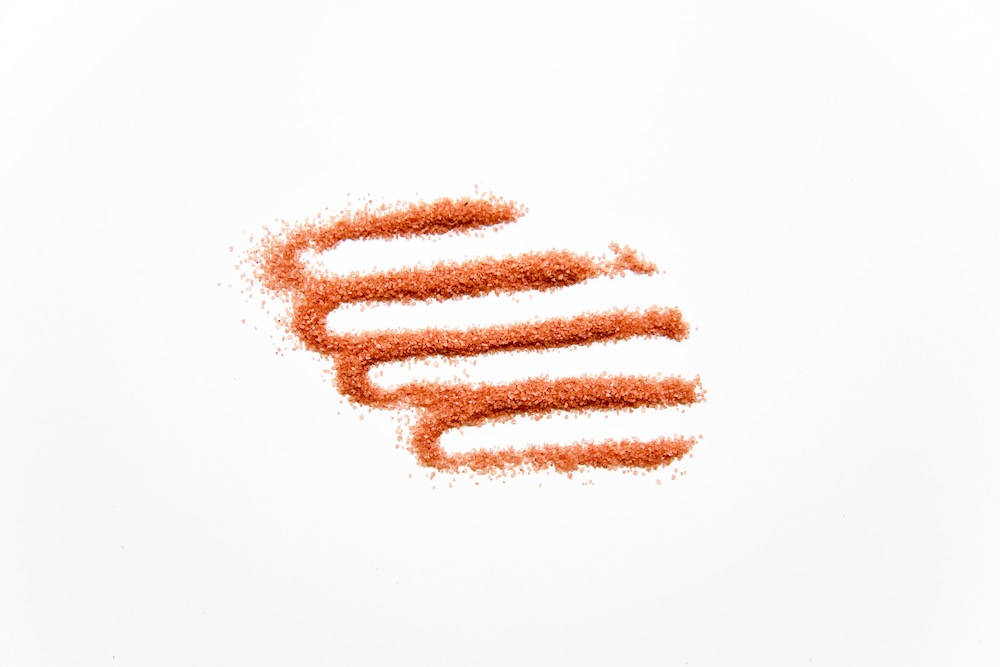Stress has been something of a human paradox since the dawn of human existence. On the one hand, humans need stress to identify danger in the environment around us. But on the other hand, if left unchecked, this unbridled stress response can lead to a host of inflammatory diseases that can cause poor health outcomes over time.
Now, new research from the U.S. National Academy of Sciences is shedding light on how the process unfolds. This research shows that during periods of stress, our cells release clusters of proteins called “stress granules” that have a profound effect on human health.
These untranslated messenger ribonucleoproteins (aka mRNPs, or “stress granules”) form in response to a myriad of environmental stressors. This can include exposure to pollution, disease, a hectic job, nutrient deficiency, acute trauma, or subtle lifestyle struggles like bad relationships or family tension– but on the cellular level, it’s all simply “stress.”
Because a healthy body will sweep away the stress granules it produces once the stressful stimulus is no longer present, these dense aggregations are usually destroyed when the body returns to a calm state.
But recent studies show that in periods of persistent or chronic stress, the process of removing stress granules doesn’t happen as efficiently.
This is both good and bad. Why? Because even though the accumulation of stress granules is a problem for human health, it may also yield insight into the pathologies of chronic disease as we know it.
The Emerging Science of Stress Granules
To understand the pathology of disease is to understand the role that stress granules play in the body. Theoretically, stress granules are a good thing. They protect our cells from neurodegenerative stress by creating a temporary shelter for our cells so that the body can safely defend itself from an onslaught of oxidative stress factors.
Once the stressor is gone, a healthy body will sweep the stress granules away. In a chronically stressed person, however, these stress granules can persist and accumulate. This, in turn, weakens synapses in the brain, which can cause problems ranging from neuronal atrophy to Alzheimer’s disease.
Excess stress hormones also trick the body into storing more fat. As a result, chronically stressed people tend to be overweight, more forgetful, and less focused. They recover from illness and injury at a slower rate than non-stressed people.
Chronic stress can also cause inflammation and high blood pressure, both of which increase risk for heart attack and stroke.
Of course, researchers have known this for decades– that stress is bad, and that “body follows mind”. But now the origins of stress-related diseases are becoming more clear. Stress granules crowd out healthy cells, which prevents them from getting proper nutrients and removing waste.
This, in turn, makes otherwise healthy cells more vulnerable to immune suppression, tumor progression, and viral infection.
Stress granules can also build up in vulnerable parts of the body like the heart, gums, and brain. Accordingly, one of the best ways to keep stress granules in check is to prevent them from accumulating in the first place.
What You Can Do
While we still don’t fully understand the causes of stress granule accumulation, these preventative measures have proven benefits.
-
Better Sleep and More Movement
The best way to combat stress granule accumulation is by getting better sleep and exercising. At a minimum, aim to get at least 7 hours of uninterrupted sleep per night.
Go for a walk each day to make sure you’re moving as regularly as you can. Otherwise, aim to get 20-60 minutes of exercise at least 4 times a week. This is especially important for aging populations, pre-diabetics, and people with high cholesterol.
Regular exercise can also help prevent stress granule accumulation because it increases nutrient flow and toxin removal from the brain.
And at minimum, exercise also helps clear your mind of stressful thoughts, which are one of the triggers that can cause stress granules to form in the first place. (Editor’s Note: Read our related story about “Running Therapy” here.)
-
Mitigate Air Pollution in the Home
Our exposure to environmental toxins is more common than the average person might think. In a famous NASA study conducted in 1989, researchers concluded that indoor air can contain up to 30 times more pollutants than outdoor air in the same environment.
This is largely because many sources of pollution also exist within the home. Flame retardants in furniture, carpets, and drapes; byproducts of combustion from cooking indoors; particulate matter circulating from laundry machines and vacuums; naturally occurring radon; exposed insulation; and spray cleaning products that vaporize and get trapped indoors all degrade indoor air quality significantly.
To mitigate air pollution and environmental toxins in the home, open a window for at least 5 minutes a day. Leave it open if you’re painting or using nail polish, hair spray, or aerosol cleaning products.
Another way to improve indoor air quality is to invest in an air purifier like a Venta Airwasher or personal AirTamer, which can help cleanse the air in your home or confined space like an airplane. (When in doubt, look for something with a HEPA filter.)
House plants like Philodendron, snake plant, and bamboo palm can also naturally filter pollutants like formaldehyde, benzene, and carbon monoxide. So popular is the concept of using house plants to “clear the air” that Costa Farms now makes a “Clean Air” houseplant bundle that is consistently a best seller on Amazon.
-
Remember to Floss
Surprisingly, flossing can also help mitigate the effects of stress granules. Emerging research has demonstrated that there is an inexplicable link between gum health and heart disease. It’s true: plaque on your teeth may be connected to plaque in your arteries.
Moreover, people with periodontal disease are 2 to 3 times more likely to suffer a heart attack or stroke. This is because dental plaque and gingivitis put stress on the body by increasing what Dr. Hatice Hasturk of the Harvard-affiliated Forsyth Institute calls “the body’s burden of inflammation.”
Chronic inflammation signals for immune cells to attack sources of irritation. This happens regardless of where this inflammation occurs (the mouth, the heart, etc). Flossing is the easiest way to mitigate plaque buildup in the gums, a key potential source of this inflammation.
Ultimately, the best way to decrease inflammation in the gums is to floss at least once a day, before brushing. Fun fact: flossing is actually more effective at cleaning your teeth than brushing. As a career dentist once told me: “If you had to choose between only flossing or only brushing for the rest of your life, flossing is more effective.”
-
Eat a Rainbow of Foods Every Day
Aim to eat a full rainbow of colorful fruits and vegetables every day. Also be sure to get enough Vitamin C from fruit and vegetables like red pepper, even in the winter. The antioxidants in colorful produce like purple sweet potatoes, blueberries, beets, and dark leafy greens work to combat oxidative stress.
Antioxidants also bolster the immune system in moments when it is overextended, as during periods of stress. Additionally, mushrooms– natural adaptogens– can help your body “adapt” to seasonal changes and environmental stressors. Not coincidentally, some studies even suggest that mushrooms can help ward off the flu!
-
Keep Your Stress in Check with Probiotics
As we explained in our Comprehensive Guide to Anxiety Relief, anxiety can negatively impact gut health, but a probiotic containing lactobactillus can help. Irish researchers have demonstrated that increasing the gut presence of one particular strain of probiotic bacteria, Bifidobacterium longum, can reduce symptoms of anxiety, stress, and depression.
These “psychobiotics” (bacteria that influence mood) are part of an emerging investigation into the brain-gut connection that undergirds much of what we know about the pathologies of mental health. They also offer key insight into the future of mental health treatment. (For example, research suggests that doctors may one day be able to treat depression by prescribing probiotics.)
To keep your gut flora happy, eat a fiber-rich diet that includes different sources of prebiotics and probiotics. Prebiotics are a kind of insoluble fiber that feed the probiotic microflora in your gut; sources include sunchokes, asparagus, bananas, and dandelion greens.
Probiotic-rich foods, on the other hand, include yogurt, kombucha, kimchi, natto, and miso. You may also consider taking a probiotic that specifically contains the strain Bifidobacterium longum, like Lifted Naturals’ Mood-Boosting Probiotic.
Intelligent Design
Overall, the most intriguing aspect of stress granules is that they yield insight into the origin of human disease itself. The most pernicious diseases plaguing the human population– like Cancer and Alzheimer’s Disease– remain an enigma. As a result, both physicians and researchers struggle to find cures.
But by studying the behavior of stress granules, researchers are beginning to understand how, exactly, specific diseases take root– and what, exactly, might thwart their development.
Stress granules also have other wide-ranging effects, even if the impact is benign. Environmental pollution, for example, affects everyone. Airborne toxins cause an inflammatory response in the epidermis, which can lead to breakouts and premature aging.
Thus, while the impact of this research can be both grand and subtle, science continues to push forward.
The above lifestyle changes demonstrate how mental health can inform and underscore biological health, and vice versa. At the very least, the science of stress granules illustrates a beautiful truth about life itself.
Even though we aren’t conscious of it, our cells are constantly working to protect and shield us from harm. Therein lies the magic of human biology: as long as we take care of ourselves, our bodies will take care of the rest.
***
Related: This 80-Year Harvard study sheds light on what humans need to lead a meaningful life— and it has nothing to do with health, wealth, or success.




Dear Molly,
Rishi had posted this article in FB and my husband & I found fascinating. We are Rishi & Millie’s next door neighbors. ( Rishab’s Mom & Dad) Thank you for sharing, I am going to share this article with my friends and family. Best- Gita and Hemant
Thank you for your kind words, Gita Auntie 🙂 I look forward to seeing you soon! <3